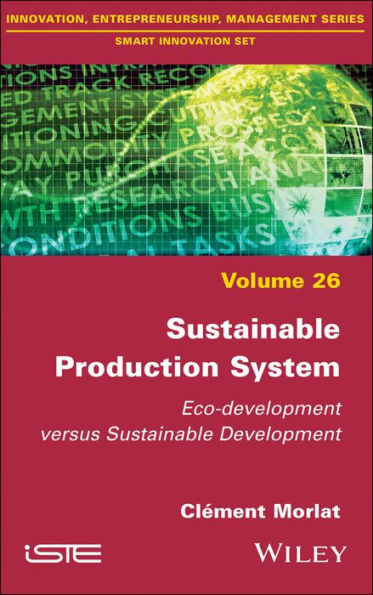Home
Eutrophication Processes in Coastal Systems: Origin and Succession of Plankton Blooms and Effects on Secondary Production in Gulf Coast Estuaries / Edition 1
Barnes and Noble
Eutrophication Processes in Coastal Systems: Origin and Succession of Plankton Blooms and Effects on Secondary Production in Gulf Coast Estuaries / Edition 1
Current price: $240.00


Barnes and Noble
Eutrophication Processes in Coastal Systems: Origin and Succession of Plankton Blooms and Effects on Secondary Production in Gulf Coast Estuaries / Edition 1
Current price: $240.00
Size: OS
Loading Inventory...
*Product information may vary - to confirm product availability, pricing, shipping and return information please contact Barnes and Noble
Derived from an unprecedented research effort covering over 31 years in a series of studies of 7 major river-estuaries, Eutrophication Processes in Coastal Systems presents a comprehensive and current review of the nature of the eutrophication process and how short- and long-term nutrient loading affects marine systems. This unique book is the culmination of the most advanced research to date on how coastal systems work.
Based on an 11 year interdisciplinary study of the Perdido Bay System, Dr. Robert J. Livingston's groundbreaking work offers evidence for significant findings such as:
Nutrient concentration gradients in fresh water as it entered the bay were stimulatory to phytoplankton blooms
Species that showed distinctive seasonal and interannual successions dominated plankton blooms
High relative dominance of bloom species was associated with significant reduction of phytoplankton species richness and diversity
The blooms were associated with major reductions of infaunal and epibenthic macroinvertibrates, forcing a serious disruption of the food webs and losses of secondary production
Eutrophication Processes in Coastal Ecosystems goes beyond its innovative analyses of how estuarine and coastal systems have responded to fundamental alterations of the eutrophication process. Dr. Livingston's book presents the case that bloom impacts must be reviewed against the background conditions that include periodic changes brought on by drought and anthropogenous dredging. It points to the critical need for further study of phytoplankton communities and the connection between plankton blooms, sediment deterioration, and low secondary production.


















